A column of essays about Sustainable Energy & Transport, Transport for Economic Opportunity, and the Climate Catastrophe which our nation and the globe is plummeting toward, aided and abetted by vested interests and staunch defenders of the status quo. After a corridor realignment, Sunday Train has been running out of Voices on the Square as its origin Station since July 2012. BruceMcF is the lead author, and accepts submissions. Frequency is mostly weekly, normally sometime Sunday evening, except when life happens in such a way that it isn't.
Sunday Train: Steel Interstate Revolution
Must-read blogs
- Casinos Not On Gamstop
- Casino Con Bonus Di Benvenuto
- UK Online Casinos Not On Gamstop
- Migliori Bookmakers Non Aams
- Gambling Sites Not On Gamstop
- Non Gamstop Casinos UK
- Non Gamstop Casino UK
- Slots Not On Gamstop
- Best Non Gamstop Casinos
- Sites Not On Gamstop
- Non Gamstop Casino
- Sites Not On Gamstop
- Slots Not On Gamstop
- UK Casino Not On Gamstop
- Casino Non Aams
- Best UK Online Casino Sites
- Sites Not On Gamstop
- Casino En Ligne Fiable
- Non Gamstop Casino UK
- Non Gamstop Casino
- Non Gamstop Casinos
- Non Gamstop Casino
- Migliori Casino Online Italiani
- Best Betting Sites Not On Gamstop
- Meilleur Casino Crypto
- Sites De Paris Sportifs Belgique
- Casino En Ligne Fiable
- найкращі крипто казино
- Meilleur Casino Sans Kyc
- Casino Cresus
- Bonus Gratuit Sans Dépôt
- Casino Senza KYC
- Meilleur Casino En Ligne
- Migliori Crypto Casino
- Meilleur Site Casino En Ligne Belgique
- Casino En Ligne Argent Réel
- Casino En Ligne Français
- Meilleur Casino En Ligne France
- Migliori Siti Poker Online
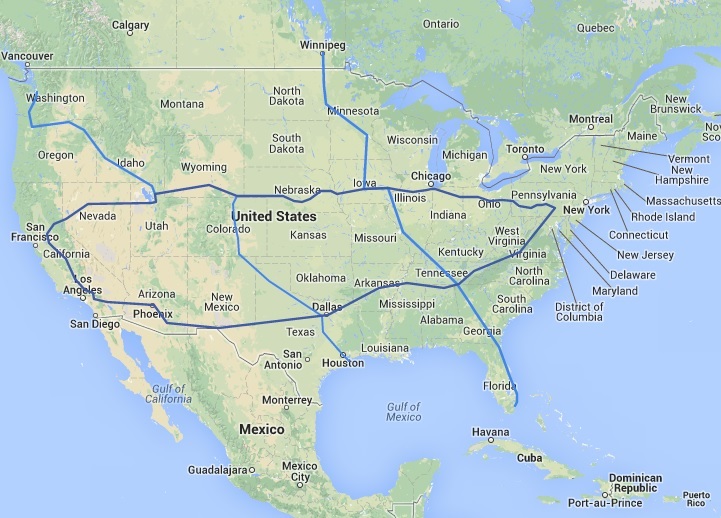 The
The 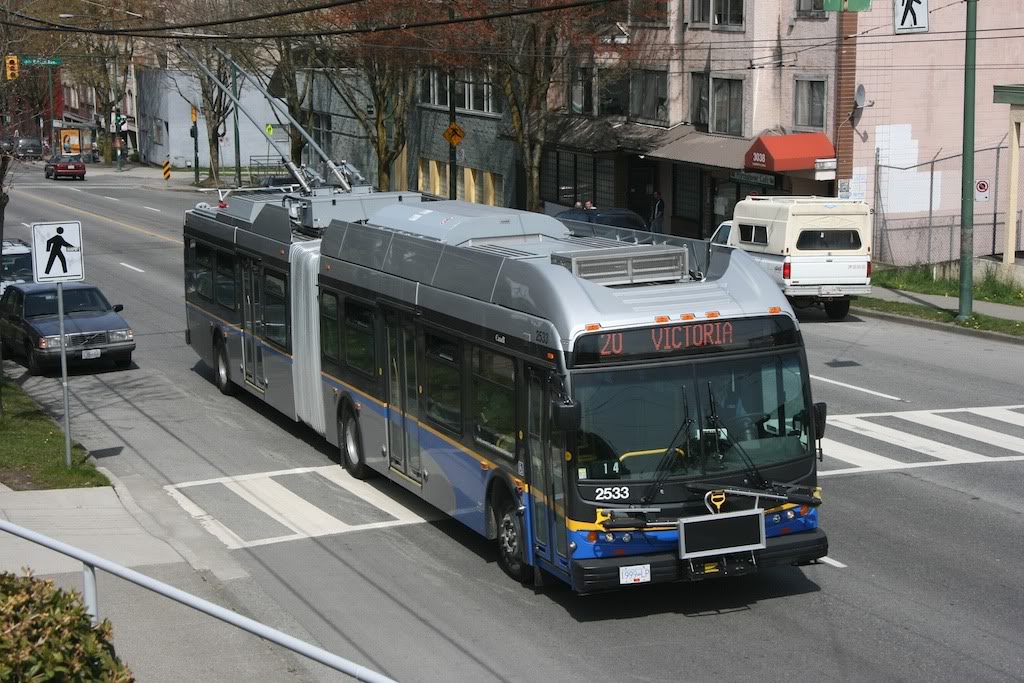 Note that the statement is abbreviated for the title. The full statement is, a common carrier like a train, bus, or plane that running a profit based on passenger revenue while paying its full operating and capital cost is charging too much for its tickets.
Note that the statement is abbreviated for the title. The full statement is, a common carrier like a train, bus, or plane that running a profit based on passenger revenue while paying its full operating and capital cost is charging too much for its tickets.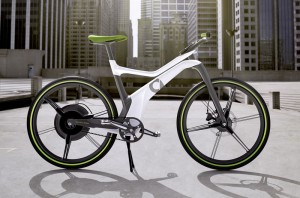 About a week ago,
About a week ago,  Sacramento Kings fans rejoice! The California State Legislature
Sacramento Kings fans rejoice! The California State Legislature 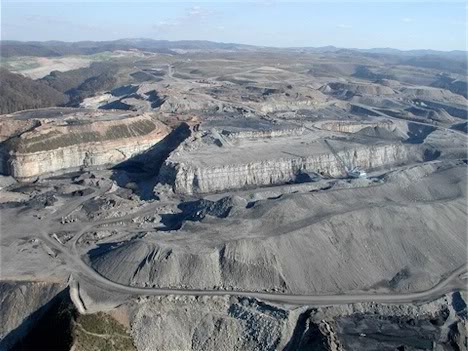 One point that constantly comes up when the push to 100% sustainable, renewable power is raised is the problem that "renewable power sources cannot be relied on to deliver power 24/7". This is a talking point pushed by the propagandists for Big Coal in particular, since the biggest challenge to their long term existence as an industry in the United States is the threat that we begin to get serious about tapping our abundant Wind Power resources on-shore in the Great Plains and Mountain West and off-shore on the Great Lakes and Atlantic Coast. When the wind is blowing, it substantially undermines the market for fossil-fuel "Baseload Power" (see (
One point that constantly comes up when the push to 100% sustainable, renewable power is raised is the problem that "renewable power sources cannot be relied on to deliver power 24/7". This is a talking point pushed by the propagandists for Big Coal in particular, since the biggest challenge to their long term existence as an industry in the United States is the threat that we begin to get serious about tapping our abundant Wind Power resources on-shore in the Great Plains and Mountain West and off-shore on the Great Lakes and Atlantic Coast. When the wind is blowing, it substantially undermines the market for fossil-fuel "Baseload Power" (see (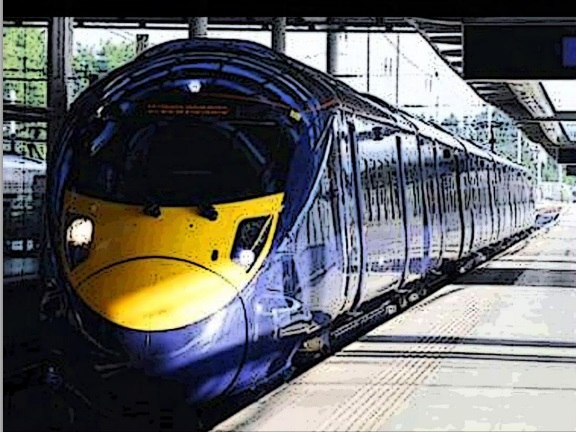 Last week,
Last week, 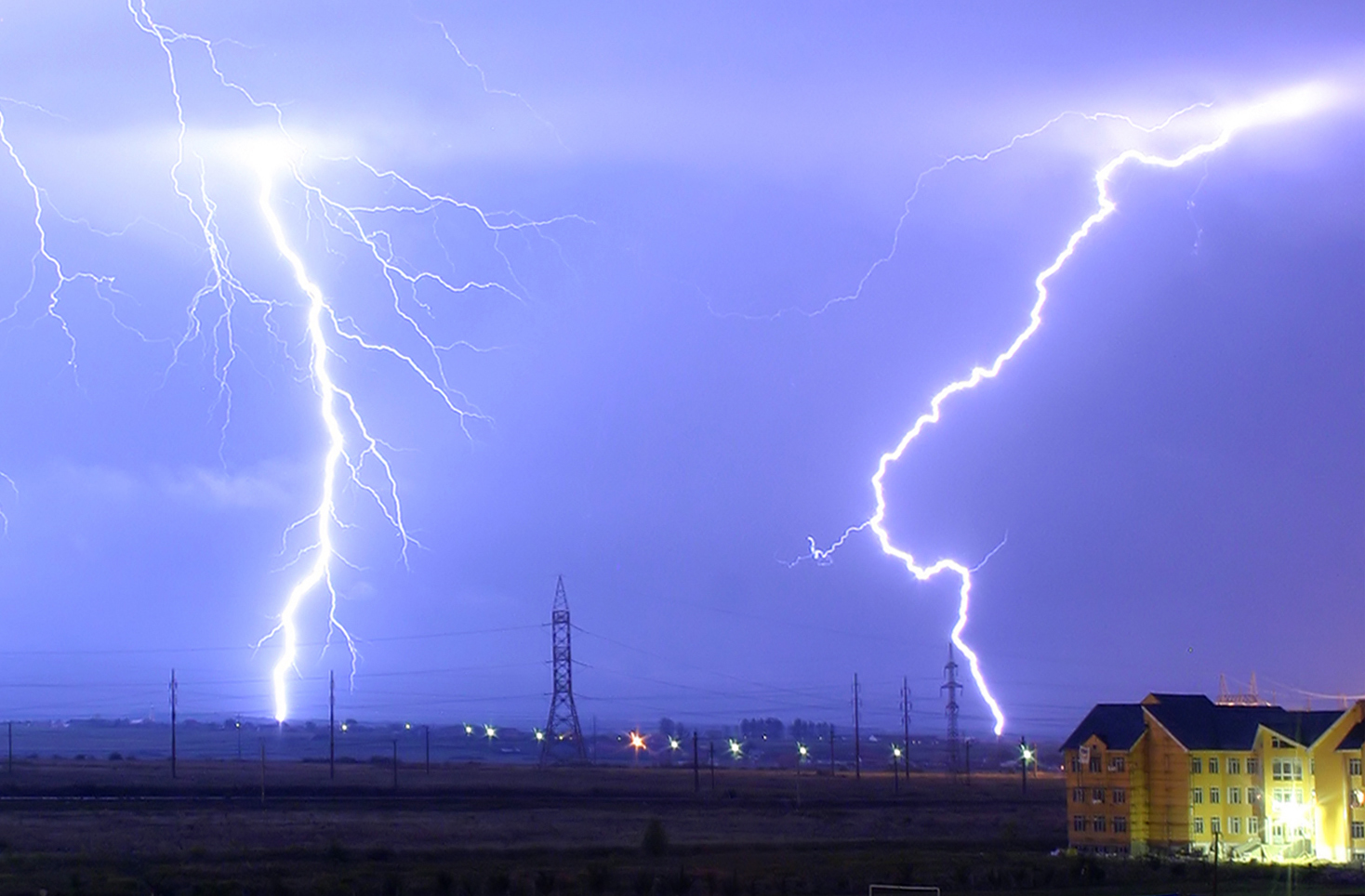 Earlier this month, Micheal Hoexter offered a
Earlier this month, Micheal Hoexter offered a 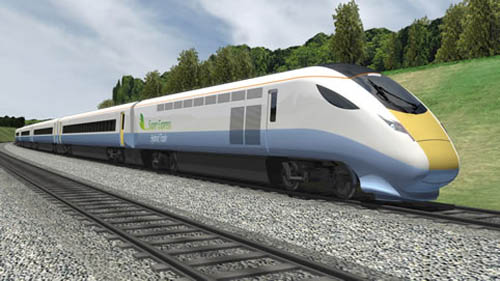 I saw on the
I saw on the